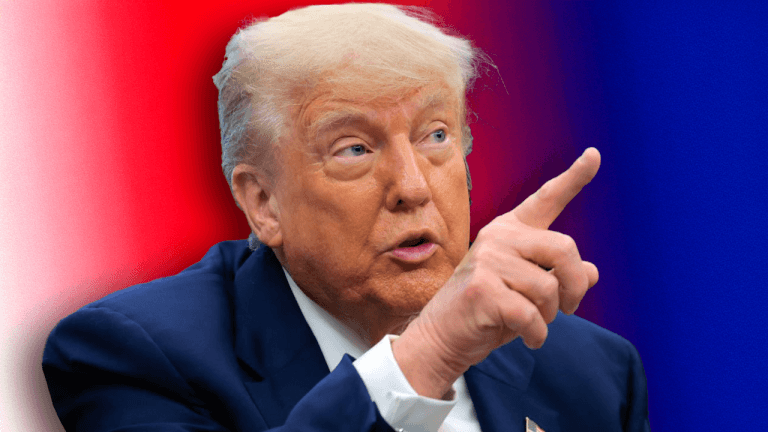
President Donald Trump's recent announcement of a proposed tariff hike on imports from the European Union has stirred up significant turmoil in financial markets, leading to a sharp decline in major U.S. stock indexes. The move has prompted concerns about potential retaliation from the EU, as Trump has issued an ultimatum regarding the implementation of these tariffs.
The proposed tariffs, which include a 50% tax on EU imports and a 25% tariff on other goods, have raised alarms among investors and economists alike. The uncertainty surrounding the future of trade relations between the U.S. and the EU has exacerbated fears of a global trade war and its potential impact on the economy.
The escalating tensions between the U.S. and the EU have sent shockwaves through financial markets, with the Dow Jones Industrial Average, S&P 500, and Nasdaq Composite all experiencing significant losses in response to the news. Investors are closely monitoring the situation as they assess the potential repercussions of these proposed tariffs on various industries and sectors.
The prospect of retaliatory measures from the EU has added another layer of uncertainty to the situation. European leaders have expressed their opposition to the proposed tariffs, warning that they are prepared to respond with their own set of measures if necessary. This tit-for-tat escalation could have far-reaching consequences for businesses on both sides of the Atlantic, leading to increased costs, disrupted supply chains, and reduced consumer spending.
The impact of the proposed tariffs extends beyond just the financial markets. Industries that rely heavily on international trade, such as manufacturing, agriculture, and technology, could face significant challenges as a result of the increased costs and disruptions to their operations. Small businesses, in particular, may struggle to absorb the additional expenses imposed by the tariffs, potentially leading to job losses and decreased competitiveness in the global market.
In the midst of these uncertainties, policymakers and trade officials are working to find a resolution to the escalating trade tensions. Negotiations between the U.S. and the EU are ongoing, with both sides seeking to reach a mutually beneficial agreement that addresses their respective concerns while avoiding a full-blown trade war.
As the situation continues to evolve, market participants are bracing for further volatility and uncertainty. The outcome of these trade negotiations will have far-reaching implications for the global economy and could shape the future of international trade relations for years to come. Investors and businesses are advised to closely monitor developments and prepare for potential shifts in the economic landscape as the trade dispute unfolds.
Source: https://news.bitcoin.com/markets-slide-as-trump-targets-eu-and-iphones-with-tariffs/

Leave a Reply